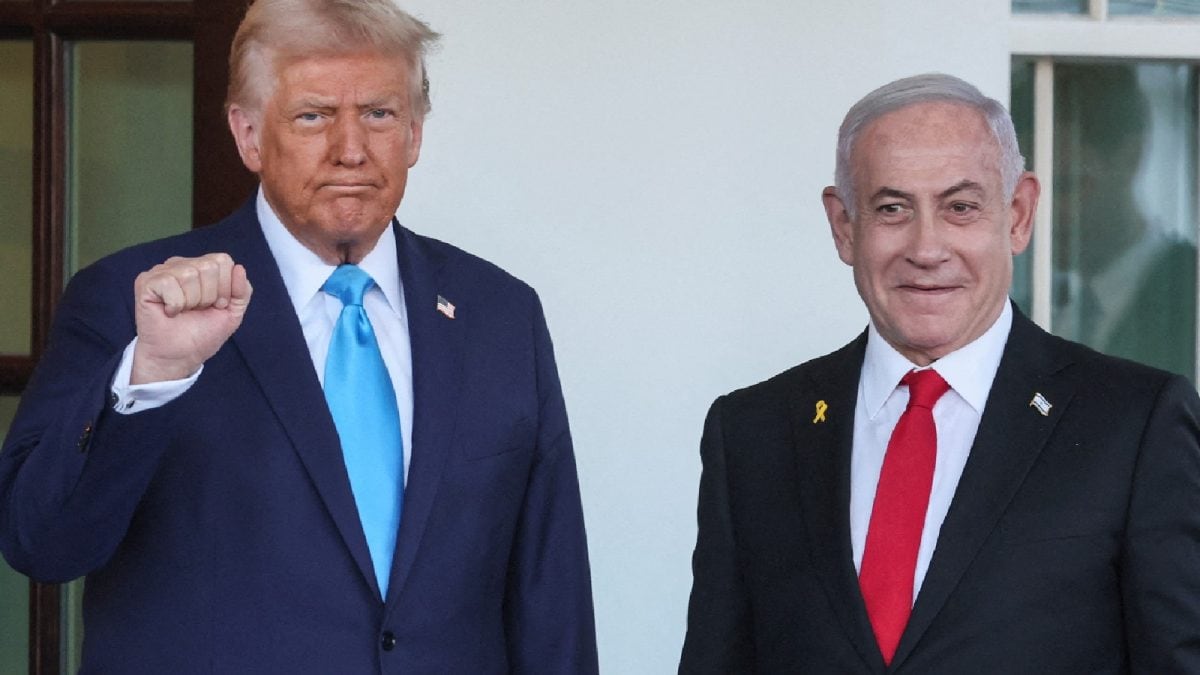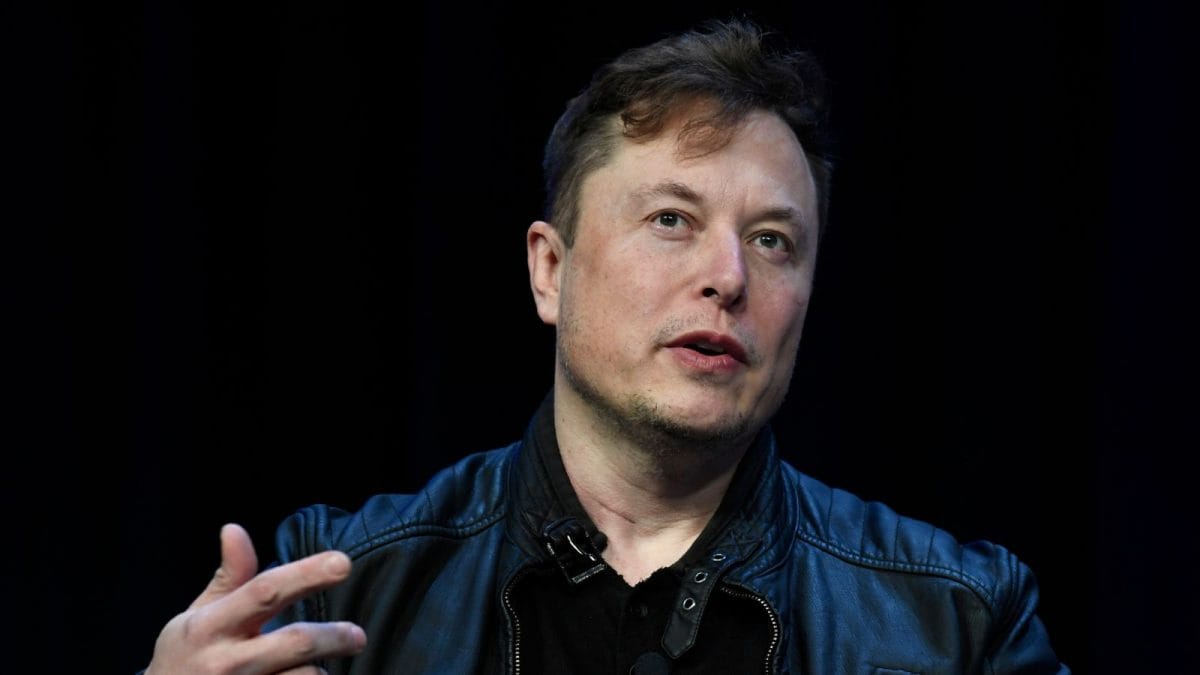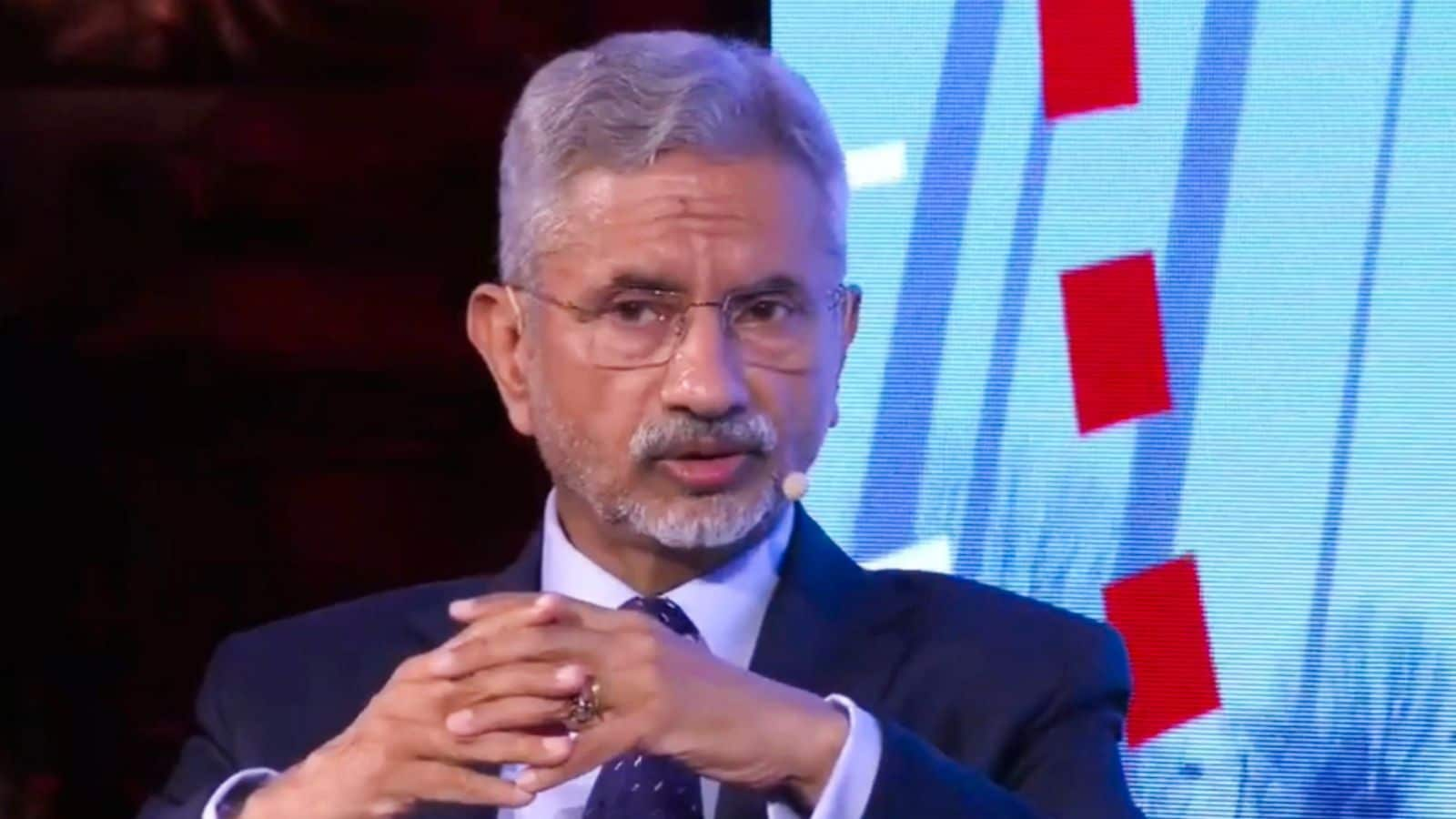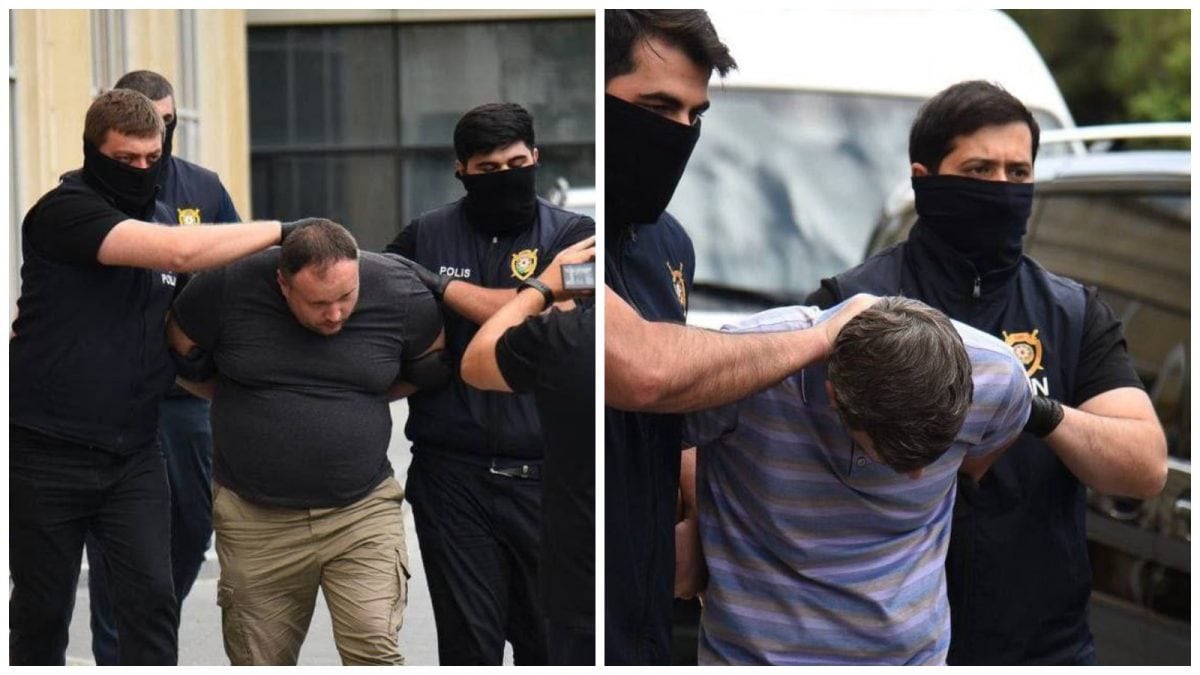Nehru's idealism and Patel's pragmatism clashed at a pivotal moment in India's history. Today, Prime Minister Modi invokes those very choices to question Nehru's legacy—reminding the nation that Kashmir's past still shapes its political present and future.

In Gandhinagar, PM Modi hails Sardar Patel while slamming Nehru
As India awoke to independence in August 1947, the fate of Jammu and Kashmir remained uncertain. A Muslim-majority state ruled by a Hindu monarch, its geostrategic importance and demographic complexity made it a flashpoint even before Pakistan-backed tribal militias invaded in October. How India responded to that invasion—and who shaped that response—remains the subject of fierce debate.
At the centre of this historical conundrum stand two towering figures: Jawaharlal Nehru, India's first Prime Minister, and Sardar Vallabhbhai Patel, the Iron Man of Indian unification. Their divergent approaches to Kashmir laid the foundation for a decades-long conflict that still simmers today.
Initially, Patel was not overly concerned with Kashmir. In fact, as late as August 1947, he is reported to have told Mountbatten that if Kashmir acceded to Pakistan, India would not object. This view changed rapidly when Pakistan accepted the Muslim ruler of Junagadh’s accession to Pakistan—a direct challenge to the logic of Partition, where princely states were expected to accede based on geographical contiguity and demographic realities. Patel saw a dangerous precedent, and Kashmir’s fate suddenly became inseparable from India’s unity.
When the tribal invasion began in October 1947, it was Patel who pressed for urgent military intervention. Nehru hesitated, reportedly consumed by the optics of deploying troops without a formal accession. It was Patel who, according to General Sam Manekshaw, forced the issue. Manekshaw, then a young officer, recalled being in a meeting with both Nehru and Patel. When Nehru raised procedural and legal concerns, Patel cut him off and said, “Jawaharlal, do you want Kashmir, or do you want to give it away?” When Nehru remained hesitant, Patel turned to Manekshaw and instructed, “You go and get your plans ready.”
Only after Maharaja Hari Singh signed the Instrument of Accession did India airlift troops to Srinagar. The military response repelled the invaders, but Nehru’s next move proved far more consequential: taking the Kashmir dispute to the United Nations. Gandhi opposed it. So did Patel, who felt the issue was being needlessly internationalised. Nehru’s decision led to a ceasefire that left Pakistan in control of nearly a third of the state and to a promise of a plebiscite that remains unfulfilled to this day.
Patel’s frustrations mounted. He confided to colleagues that Nehru had diverted troops away from strategic targets during the conflict. He was also marginalised in constitutional negotiations around Kashmir, especially in the drafting of Article 370.
While Nehru’s affinity for Kashmir was personal and ideological—rooted in secularism and a deep friendship with Sheikh Abdullah—Patel’s vision was pragmatic. He believed Kashmir’s full integration into India was a geopolitical imperative and was sceptical of special status or international oversight.
The historical record suggests that Nehru’s idealism often conflicted with India’s strategic interests. In contrast, Patel’s realpolitik may have offered a more secure foundation, even if it lacked Nehru’s finesse on the world stage.
In the end, the tragedy of Kashmir may not lie solely in decisions taken—but in the divided leadership that took them. As India celebrates Patel’s role in unifying the country, it must also reckon with how differently Kashmir may have unfolded had the Iron Man been given the reins.
Published By:
indiatodayglobal
Published On:
May 27, 2025
Tune In

 1 month ago
1 month ago


















